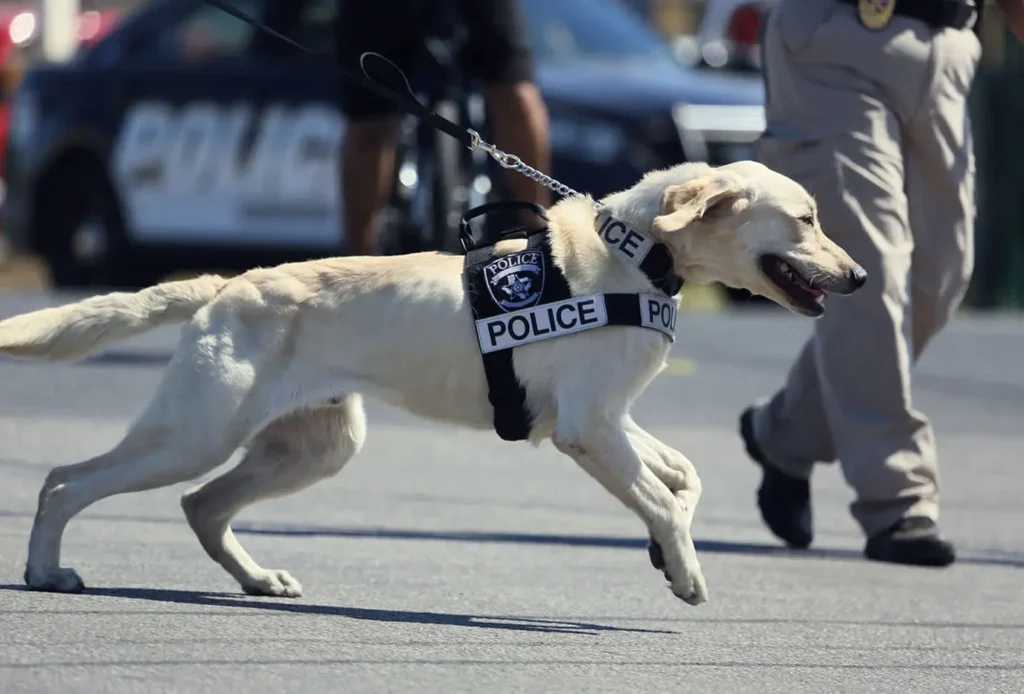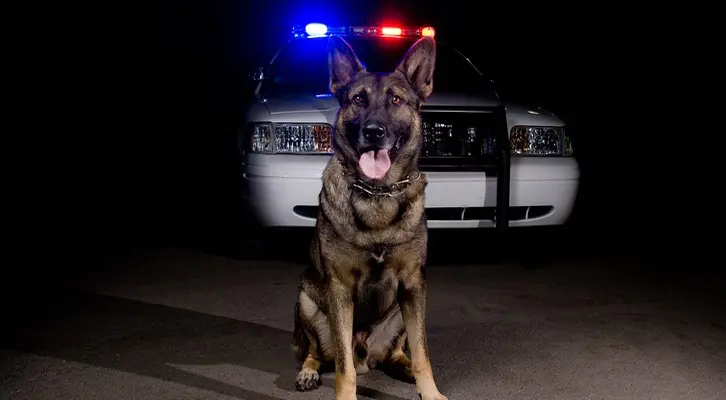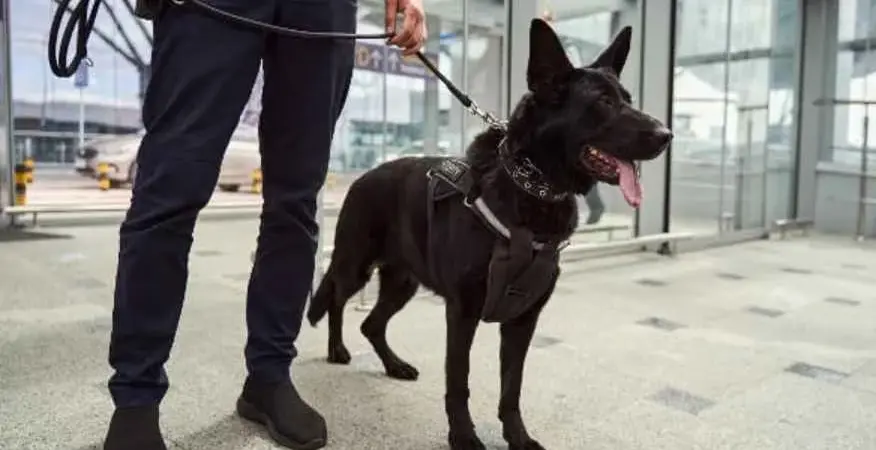What Are the Legal Considerations in Owning a Police Dog?

Introduction to Police Dogs
A. Definition and Purpose of Police Dogs
Police dogs, often called K9 units, are specially trained dogs that assist law enforcement officers in various tasks. These dogs play a vital role in helping police with duties such as searching for drugs, finding missing persons, and even detecting explosives. They are highly trained to use their keen senses, like smell and hearing, to help officers in their work.
B. Types of Police Dogs
K9 Units: These are police dogs trained for general duties like tracking criminals or searching buildings. They work closely with officers and are trained in obedience and specialized tasks.
Detection Dogs: These dogs are trained to find specific items like drugs, explosives, or even people based on their scent. They are crucial in ensuring safety at public events and in locations where threats may be present.

Legal Requirements for Owning a Police Dog
A. Licensing and Registration
To legally own a police dog, owners must obtain a license and register the dog with local authorities. This process ensures that the dog is recognized as a working animal and meets specific standards for training and behavior. Licensing also helps authorities keep track of these specialized dogs and their handlers.
B. Training and Certification Standards
Police dogs must undergo rigorous training to meet certification standards. This training ensures they are capable of performing their duties safely and effectively. Handlers also receive training to work with these dogs, learning commands and techniques to control and communicate with them during operations.
C. Health and Welfare Regulations
Regulations are in place to protect the health and welfare of police dogs. These regulations cover aspects like proper nutrition, regular veterinary care, and suitable living conditions. Ensuring these dogs are well cared for is essential to maintaining their ability to work and ensuring their overall well-being.

Responsibilities of Police Dog Owners
A. Care and Maintenance
Owners of police dogs are responsible for their care and maintenance. This includes providing proper food, shelter, exercise, and healthcare. Regular grooming and veterinary check-ups are essential to keep these dogs healthy and ready for duty.
B. Liability and Legal Protection
Owners of police dogs must understand the liability and legal protection involved. They may be held responsible if their dog causes harm or damage while on duty or off duty. Legal protection, such as insurance coverage, helps mitigate risks associated with owning and using police dogs in law enforcement activities.
C. Handling and Control in Public Spaces
Proper handling and control of police dogs in public spaces are crucial. Handlers undergo training to ensure they can manage their dogs safely around people and other animals. Control measures include using leashes and following commands to prevent incidents and maintain public safety.
Legal Rights and Limitations
A. Use of Force Regulations
Police dogs are subject to strict regulations regarding their use of force. They are trained to only use force when necessary and under specific circumstances, such as apprehending a suspect or defending their handler. These regulations ensure that their actions are justified by law enforcement protocols.
B. Search and Seizure Laws
Police dogs play a role in search and seizure operations, where they help locate illegal substances or evidence. However, laws govern how and when these searches can occur to protect individuals’ rights against unreasonable searches. Handlers must follow legal procedures to ensure that evidence found by police dogs is admissible in court.
C. Public Safety and Community Relations
Maintaining public safety and positive community relations is crucial when using police dogs. Training emphasizes the importance of handling dogs in a way that reassures the public and minimizes fear or misunderstanding. Community engagement programs may also involve demonstrations to educate the public about the role and capabilities of police dogs.
Case Studies and Examples
A. Successful Implementation of Legal Frameworks
Successful implementation of legal frameworks for police dogs involves strict adherence to training and operational protocols. For example, in many cities, police departments have seen reduced crime rates due to the effective use of police dogs in detecting drugs and apprehending suspects. These successes highlight the importance of well-defined legal guidelines that ensure dogs and handlers work within the law.
B. Challenges Faced by Police Dog Handlers
Police dog handlers face various challenges in their daily work. One common challenge is balancing the safety of the public with the need to apprehend suspects swiftly. Handlers must also navigate legal complexities to ensure their actions with the dog are justified under the law. Additionally, maintaining the physical and mental well-being of the dog while on duty presents ongoing challenges.
C. Impact on Law Enforcement Practices
The use of police dogs has a significant impact on law enforcement practices. They provide a valuable resource for detecting contraband, locating missing persons, and enhancing officer safety during operations. Law enforcement agencies continuously evaluate and refine their policies based on the effectiveness and legal considerations surrounding the use of police dogs. This ongoing evaluation ensures that practices evolve to meet both operational needs and legal standards.
Conclusion
A. Summary of Legal Considerations
In summary, owning a police dog involves adhering to several legal considerations. These include licensing and registration, training standards, and regulations regarding the use of force and search procedures. Each of these aspects ensures that police dogs operate within the law while performing their crucial roles in law enforcement.
B. Importance of Compliance and Best Practices
Compliance with legal requirements and best practices is essential for the effective and ethical use of police dogs. By following these guidelines, handlers and agencies uphold public trust, protect the rights of individuals, and maximize the effectiveness of their canine partners in maintaining public safety. Adherence to best practices also mitigates risks and ensures that police dogs and their handlers operate responsibly and effectively in various law enforcement scenarios.



